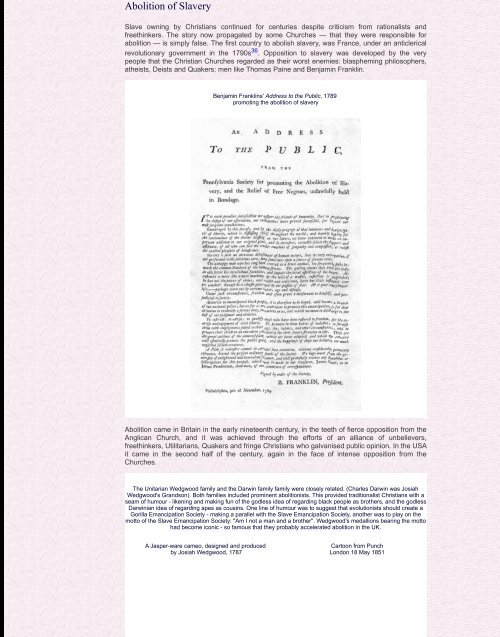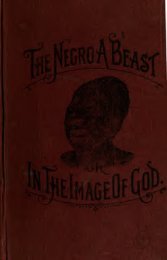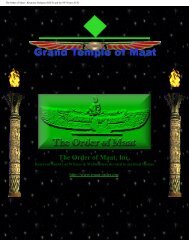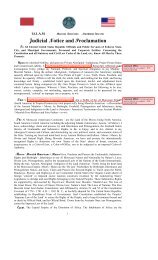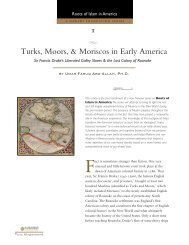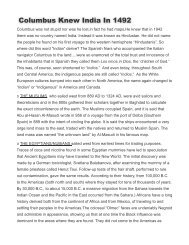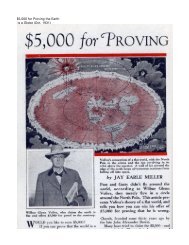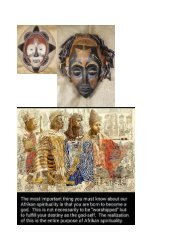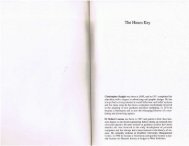Christian Slavery - Bad News About Christianity
Create successful ePaper yourself
Turn your PDF publications into a flip-book with our unique Google optimized e-Paper software.
Abolition of <strong>Slavery</strong><br />
Slave owning by <strong>Christian</strong>s continued for centuries despite criticism from rationalists and<br />
freethinkers. The story now propagated by some Churches — that they were responsible for<br />
abolition — is simply false. The first country to abolish slavery, was France, under an anticlerical<br />
revolutionary government in the 1790s 36 . Opposition to slavery was developed by the very<br />
people that the <strong>Christian</strong> Churches regarded as their worst enemies: blaspheming philosophers,<br />
atheists, Deists and Quakers: men like Thomas Paine and Benjamin Franklin.<br />
Benjamin Franklins' Address to the Public, 1789<br />
promoting the abolition of slavery<br />
Abolition came in Britain in the early nineteenth century, in the teeth of fierce opposition from the<br />
Anglican Church, and it was achieved through the efforts of an alliance of unbelievers,<br />
freethinkers, Utilitarians, Quakers and fringe <strong>Christian</strong>s who galvanised public opinion. In the USA<br />
it came in the second half of the century, again in the face of intense opposition from the<br />
Churches.<br />
The Unitarian Wedgwood family and the Darwin family family were closely related. (Charles Darwin was Josiah<br />
Wedgwood's Grandson). Both families included prominent abolitionists. This provided traditionalist <strong>Christian</strong>s with a<br />
seam of humour - likening and making fun of the godless idea of regarding black people as brothers, and the godless<br />
Darwinian idea of regarding apes as cousins. One line of humour was to suggest that evolutionists should create a<br />
Gorilla Emancipation Society - making a parallel with the Slave Emancipation Society, another was to play on the<br />
motto of the Slave Emancipation Society: "Am I not a man and a brother". Wedgwood's medallions bearing the motto<br />
had become iconic - so famous that they probably accelerated abolition in the UK.<br />
A Jasper-ware cameo, designed and produced<br />
by Josiah Wedgwood, 1787<br />
Cartoon from Punch<br />
London 18 May 1851


